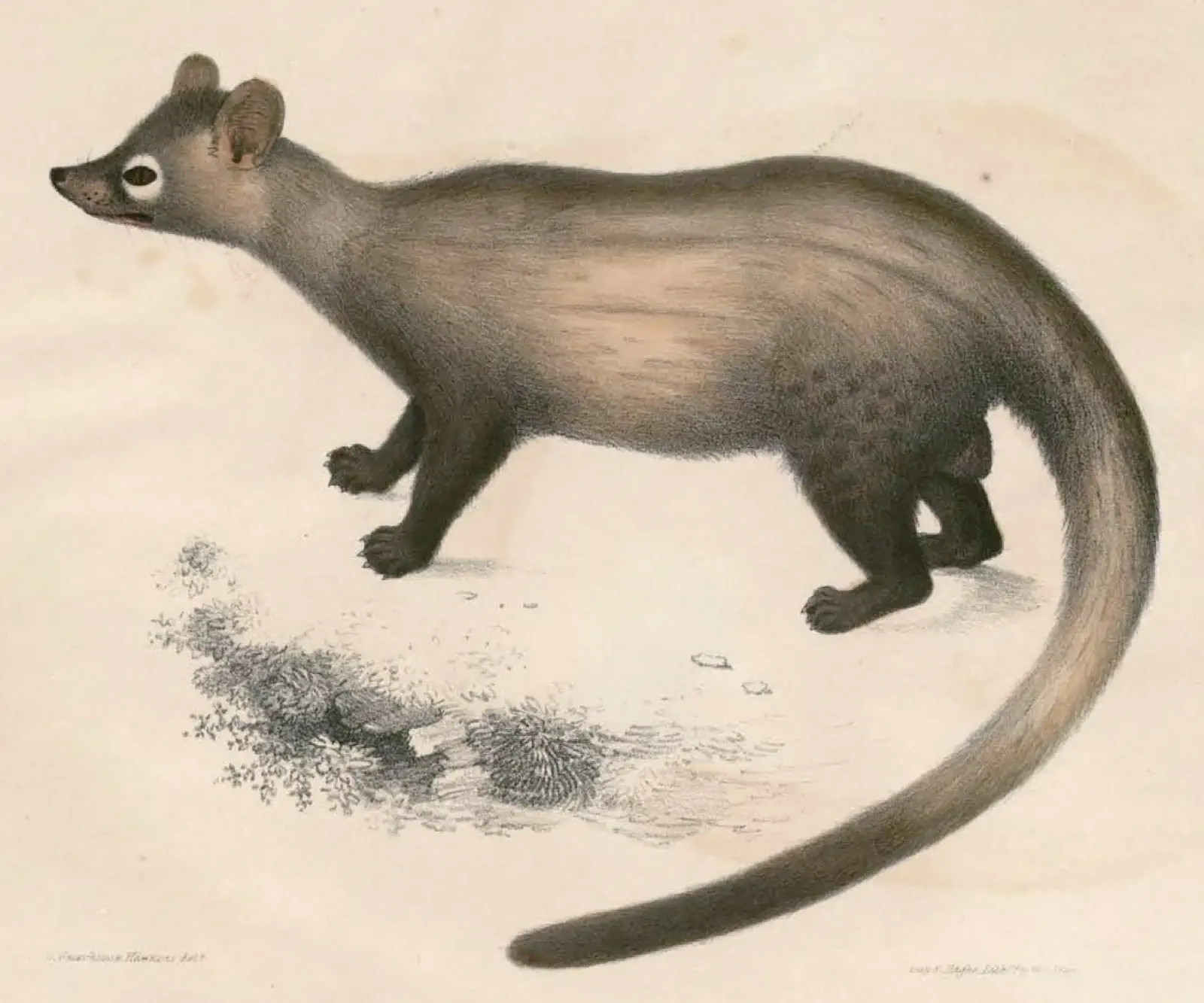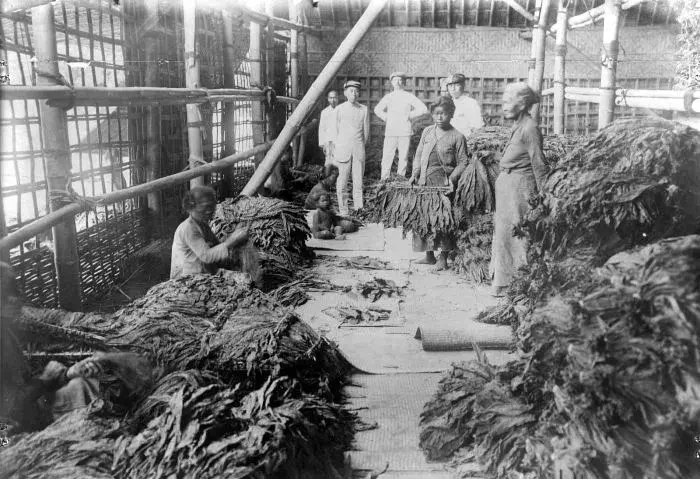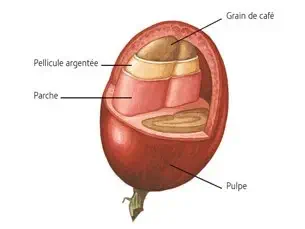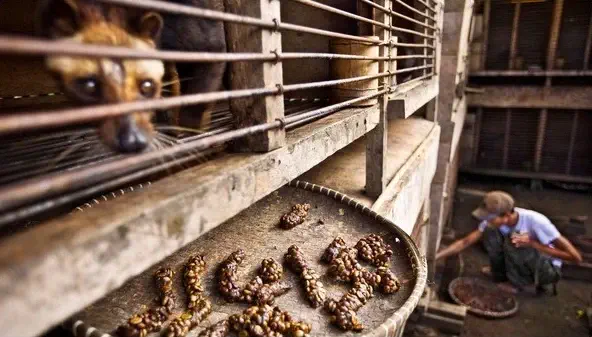Kopi Luwak: Its History, Rarity and Ethical Issues

Discover the fascinating world of kopi luwak, an exceptional coffee renowned for its rarity and high price, born from a unique process where the beans are digested by the Asian palm civet. This specialty has profoundly shaped coffee consumption habits in Indonesia, while raising serious ethical concerns.
Between chocolate aromas, silky texture and exclusivity, dive into the discovery of this singular beverage that fascinates coffee enthusiasts around the world.
A rare coffee with a unique process
Produced mainly in Indonesia, kopi luwak is considered one of the most expensive and rarest coffees in the world. Its uniqueness comes from the fact that coffee cherries are eaten by the Asian palm civet (Paradoxurus hermaphroditus).
The animal digests only the fruit pulp, leaving the coffee bean intact.
During digestion, the stomach’s acids and enzymes ferment the beans, giving them a unique taste, described as smooth, chocolaty and without marked bitterness.
The historical origins of kopi luwak
At the time, the Dutch introduced coffee to their colonies in the East Indies.
Between 1830 and 1870, under the Cultuurstelsel system, it was forbidden for natives and employees to pick coffee for their own consumption.
Despite these prohibitions, local inhabitants observe that civets eat coffee cherries and then excrete the beans intact in their droppings.
They then begin to collect, wash and roast these beans.
The result is surprising: a coffee of exceptional smoothness. Quickly, plantation owners become fond of it, contributing to the fame and high price of kopi luwak from that time.
The current market and its abuses
Today, global demand for kopi luwak is exploding, but supply remains limited.
While some producers still collect droppings from wild civets, others capture and breed the animals in captivity, often in conditions comparable to forced feeding.
Moreover, the lack of clear regulation opens the door to fraud:
- Counterfeit coffees sold as authentic kopi luwak
- Blends with lower quality beans
- Deception about origin
Investigations, such as the one by the New York Times, have revealed the extent of these practices.
Towards ethical alternatives
Faced with the decline in civet populations and ethical concerns, researchers have attempted to artificially reproduce the process through enzymatic and acid treatment.
The company “Coffee Primero” now markets an imitation at a competitive price.
Although this method does not perfectly replicate the original, it represents a more respectful alternative for the animal and the environment.
In summary
- Kopi luwak: rare, expensive coffee resulting from a unique natural process
- Taste: smooth, chocolatey, not very bitter
- Ethical issues related to captivity and force-feeding of civets
- Risk of fraud in the market
- Ethical alternatives available thanks to research
Source:




